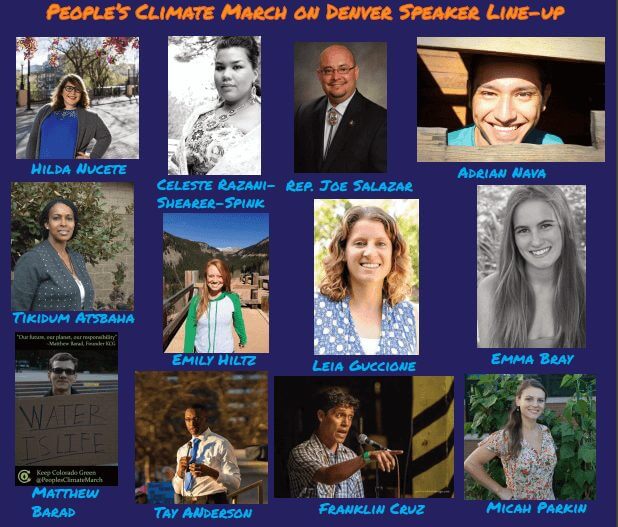On the final day for public comments during the Trump administration’s “review” of 27 national monuments, Coloradans across the state are standing up for our public lands, especially our most exceptional protected places like Canyons of the Ancients National Monument near Cortez.
“Coloradans have shown unequivocally that they support our national parks and monuments,” said Scott Braden, Wilderness and Public Lands Advocate at Conservation Colorado. “President Trump and Secretary Zinke’s morally bankrupt threat to shrink or remove protections for our public lands has backfired and has resulted in even greater support for them. This attack has also shown Secretary Zinke’s initial claim to be a devotee of President Teddy Roosevelt to be a cruel farce.”
Since the beginning of the monuments review, announced in early May, Coloradans have spoken out in many ways:
- As of this morning, nearly 12,000 Conservation Colorado members had submitted comments supporting Canyons of the Ancients. See a sampling of Coloradans’ comments here, including those from MB McAfee of Cortez and the CEO of Icelantic Skis.
- Nationally, more than 2.5 million comments in favor of protecting our nation’s monuments have been submitted.
- Editorial boards from across the state have weighed in for keeping Canyons of the Ancients protected or for the Antiquities Act, including the Denver Post, Grand Junction Sentinel, Durango Herald, and Cortez Journal.
- Elected officials have weighed in, including:
– The Colorado state House unanimously voted to pass a resolution in support of the Antiquities Act and all of Colorado’s national monuments.
– Colorado’s statewide officials (Senators Michael Bennet and Cory Gardner and Governor John Hickenlooper) as well as local Congressman Scott Tipton have supported Canyons of the Ancients.
– 29 county commissioners from across the state signed a letter to the Secretary of Interior stating, “These monuments are our heritage, our future and our template for preservation.”
– The Cortez City Council signed a strong letter to the Secretary of Interior saying, “Canyons of the Ancients became a National Monument because it is a special place and merits the protections that Monument Status provides.”
While Interior Secretary Ryan Zinke has made assurances to some of our Colorado leaders that Canyons of the Ancients will remain unharmed, other national monuments have come under direct attack, even in the face of widespread public support. Secretary Zinke has recommended that neighboring Bears Ears National Monument in Utah be shrunk.






